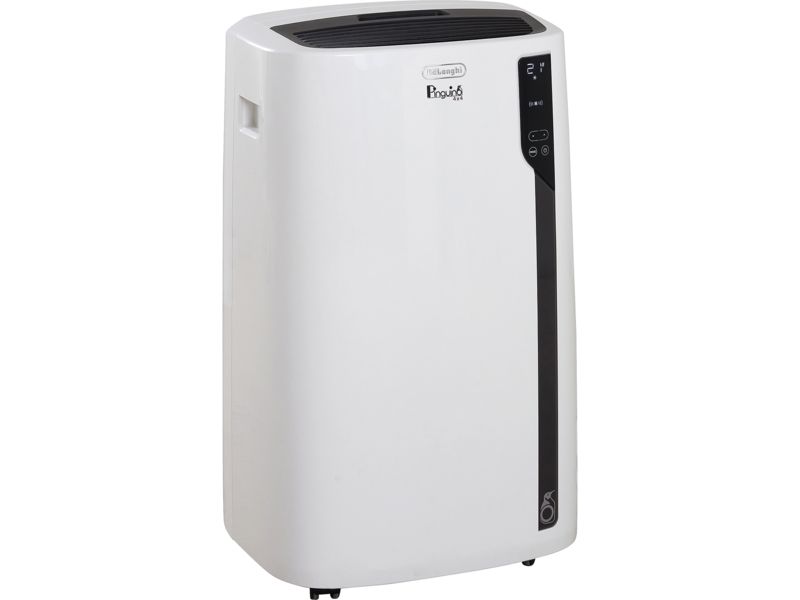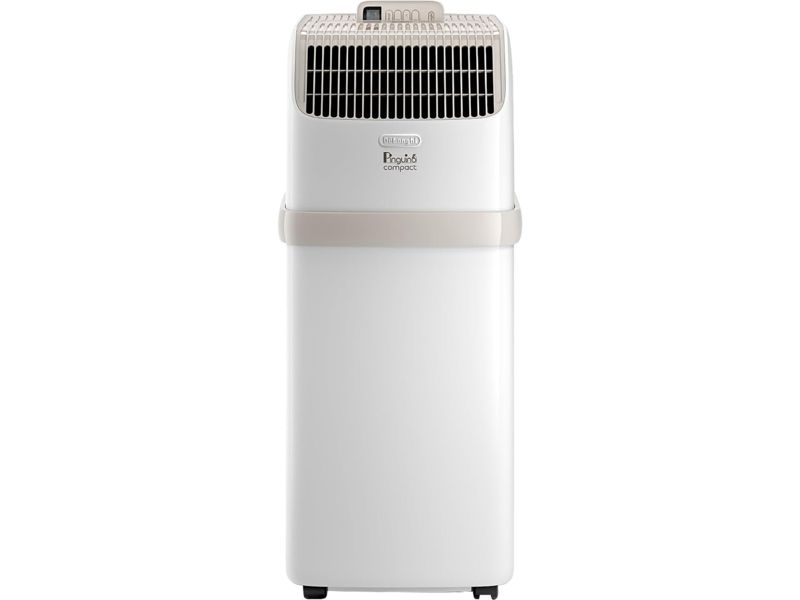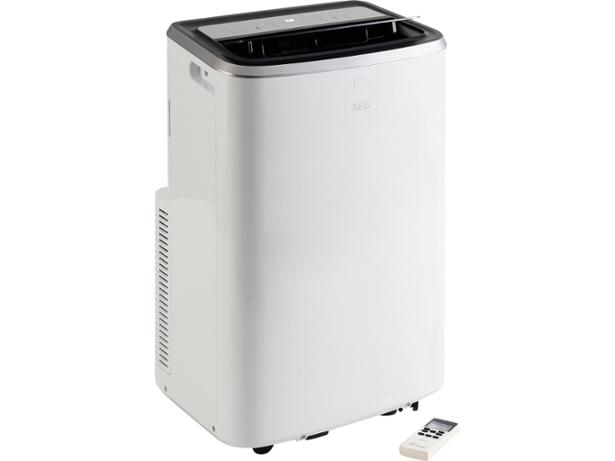By clicking a retailer link you consent to third party cookies that track your onward journey. If you make a purchase, Which? will receive an affiliate commission which supports our mission to be the UK's consumer champion.
How to keep cool without air conditioning

Wandering into an air-conditioned shop or spending the day in an air-conditioned office can feel glorious when the weather is hot.
But, in a country where we only get a few weeks of hot weather each summer, most people don’t have that luxury at home. And while it’s possible to get air conditioning units installed, or to fork out for a portable air conditioner, they can be expensive and bulky and they use a lot of energy.
In fact, an air conditioner will use the same amount of energy in one hour that a fridge uses in a day.
Read on for some other ways to help keep cool as the mercury rises.
Be inspired to make home improvements. Get our Home newsletter – it's free monthly
Use an electric fan – and use it well

Electric fans are a cheaper option than air conditioning and are usually relatively cheap to run.
Whether you opt for a desk fan or a tower/pedestal fan, remember that a fan won’t cool the air; it will just move it around. You feel cooler because the breeze helps to evaporate moisture off your skin. So don’t bother leaving a fan on in a room with nobody in it, as you’re just wasting energy.
When setting your fan up, try to position it at the same height or lower than you, such as on the floor or a low table, with the unit pointing up. That will blow the cooler air up, rather than pushing warmer air (which rises to the top of a room) down onto you.
Discover more tips for getting the most out of your electric fan.
Be sure to read our guide to the best electric fans for 2024. You can also compare the prices and availability of some of our tested models:
Close your windows, blinds and curtains in a heatwave

You might think that an open window will create a breeze. But unless wind speeds are high, you won't necessarily feel as much benefit from it as you expect.
Keep the windows shut when the air outside is warmer than inside, and you’ll keep warm air out of the house. Open the windows when the air outside is cooler than it is inside - usually when the sun has gone down.
If you’ve ever stood in a greenhouse on a warm summer’s day, you’ll know that glass windows in full sun can dramatically increase inside air temperature.
Use curtains, blinds and shutters to keep the sunshine out of rooms in the heat of the day and while they’re not in use.
Take cool or lukewarm showers

Don’t be tempted to turn the dial right round to freezing when having a shower. If your body is subjected to extreme cold, it will try to regulate its core temperature by retaining heat.
This will increase blood flow to your skin to warm it up, making you feel even hotter.
Taking a cold shower might make you feel better for a short time, but your best option is using cool or lukewarm water, and then letting yourself air dry rather than towel-drying yourself.
The action of water evaporating off your skin will create a cooling effect on the surface of your skin.
Wear the right clothes at night

Trying to sleep in a heatwave can be torture, and you may think the easiest way to keep cool at night is to completely strip off.
In fact, it’s best to wear some clothes, provided they are thin, loose and cotton-based. They will act as a wick for sweat, increasing the surface area for sweat to evaporate from and helping you feel cooler.
Avoid feeling sweaty at night: check out our mattress reviews to find a mattress with a cooler feel.
Eat cooling and hydrating food

In a heatwave, cold salads, chilled soups, pre-cooked meats and quiches, and fruit (think melon and citrus fruits) are quick and easy foods that don’t require cooking and save you from having to heat your home up further by turning on the hob or oven.
Caroline Abrahams, Charity Director at Age UK, also warns against the risks of dehydration: ‘Older people can be particularly at risk of dehydration and overheating when it gets hot, especially if their home is hard to keep cool. Drink plenty of fluids and eat normally, but be sure to include cold food, particularly salads and fruit which contain a lot of water and help us stay hydrated.'
Planning a picnic or camping trip? You need to check out our pick of the best cool boxes.
When might an air conditioner be worthwhile?

The tips we've rounded up can be useful, but if you’re spending a lot of time at home and find it gets unbearably hot, even when the weather isn’t especially warm, it might be worth investing in a portable air conditioner.
This could be the case if the room is south facing, so gets a lot of sun.
Air conditioning may also be worthwhile if you have valuable items that you don’t want to overheat, such as computing equipment, models, artwork or musical instruments.
If you do decide to buy an air conditioner, check out our guide with tips for buying the best portable air conditioners to ensure you get one that’s effective, quiet and doesn’t use too much energy.
Below, you can compare pricing from major retailers of popular air conditioners, or head straight to our air conditioner reviews:
Watch out for the symptoms of overheating
Whatever steps you take to stay cool, watch out for symptoms of heat stroke and dehydration, including:
- muscle cramps in your arms, legs or stomach
- confusion
- headaches
- dizziness
- extreme thirst
- nausea or vomiting
- heavy sweating
- a fast pulse.
That's particularly important if you're more vulnerable to the heat.
As you get older, your body becomes less efficient at being able to warm up or cool down, and so can be more at risk of issues during extreme weather.
For more information on how to protect yourself from the heat, you can call Age UK’s free advice line on 0800 169 6565 or visit Age Concern's advice for older adults in a heatwave.
Be inspired to make home improvements. Get our Home newsletter – it's free monthly






















